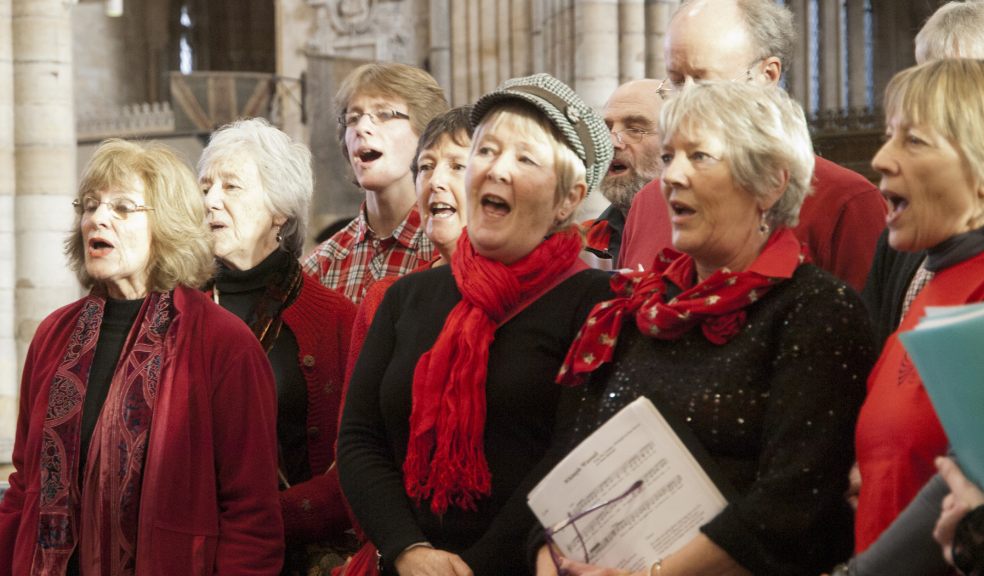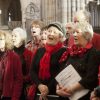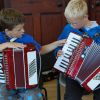
Wren Music launches autumn groups
Devon-based music charity Wren Music has welcomed a national survey which shows that more young people than ever before are learning to play an instrument, but says more can be done to keep them involved in music into adulthood.
Projects like Wren’s ‘Rough Music’ orchestras, ‘Voices in Common’ choirs and Roots Music School - its community orchestras and choirs across Devon - are aiming to do just that.
Wren’s orchestras and choirs are for anyone to join irrespective of ability, with the aim of encouraging a life-long involvement in music.
Most of the groups meet weekly and some monthly at venues in Exeter, Plymouth, Torquay, Paignton, Barnstaple, South Molton, Torrington, Sidmouth, Broadclyst and Okehampton.
There are groups catering for adults and young people and they all come together to perform at major events during the year, such as Sidmouth Folk Week and special concerts at locations including Exeter Cathedral and Okehampton Castle.
The sessions are led by Wren’s professional singers and musicians and focus on English folk and traditional music. Instruments are provided for the young groups and discounts are available for students and adults on income related benefit and for children in receipt of school meals.
Okehampton-based Wren works with 30,000 people each year and founding member Marilyn Tucker says it aims to reach everyone who wants to get involved in music: “It’s about people being active creators rather than passive consumers and it’s about providing an opportunity for everyone who loves music to have it in their lives.”
Its work is facilitated by donations like a recent unsolicited gift of £3,000 accompanied by a letter to explain: “My husband has dementia and we no longer go on holidays – the money is spare – to be used as you need. Wren states it is so all can have a voice; this is just how I feel. I have no gift for music, I struggle to play by ear, cannot hear the note intervals or remember a musical phrase, but each week I have an enjoyable time. I practice at home, with the music, and increasingly I am part of the group.”
Marilyn said: “Some people have told us that coming along and learning music has changed their lives. Others have said that now they’ve got involved they will be singing or playing for the rest of their lives, and these are people who were told when they were at school that they couldn’t sing which was wrong because we can all sing and play. It’s just about having the opportunity.”
The Associated Board of the Royal Schools of Music (ABRSM) study is the most comprehensive of its kind ever to have been carried out in the UK. It found that 76% of children aged 5-14 say they can play an instrument compared to 41% at the last survey in 1999. However, only a small minority progress this through formal music education and those that do are likely to come from relatively affluent households, with those from lower income backgrounds significantly disadvantaged. And 15% of 5-17-year-olds – that’s 1.4 million – say they have never played an instrument.
Marilyn said: “Music belongs to all of us. Our groups are for everyone. There are no auditions and no waiting lists – just turn up. You don’t have to be able to read music and there is assistance for those that require it. The groups are very social, everyone is part of the family and they get to do what they love.
“But it’s not just about learning an instrument or developing singing skills. Our young people also learn about leadership and working together.”
The autumn term community and youth groups have just been launched – find out about your nearest one at www.wrenmusic.co.uk















